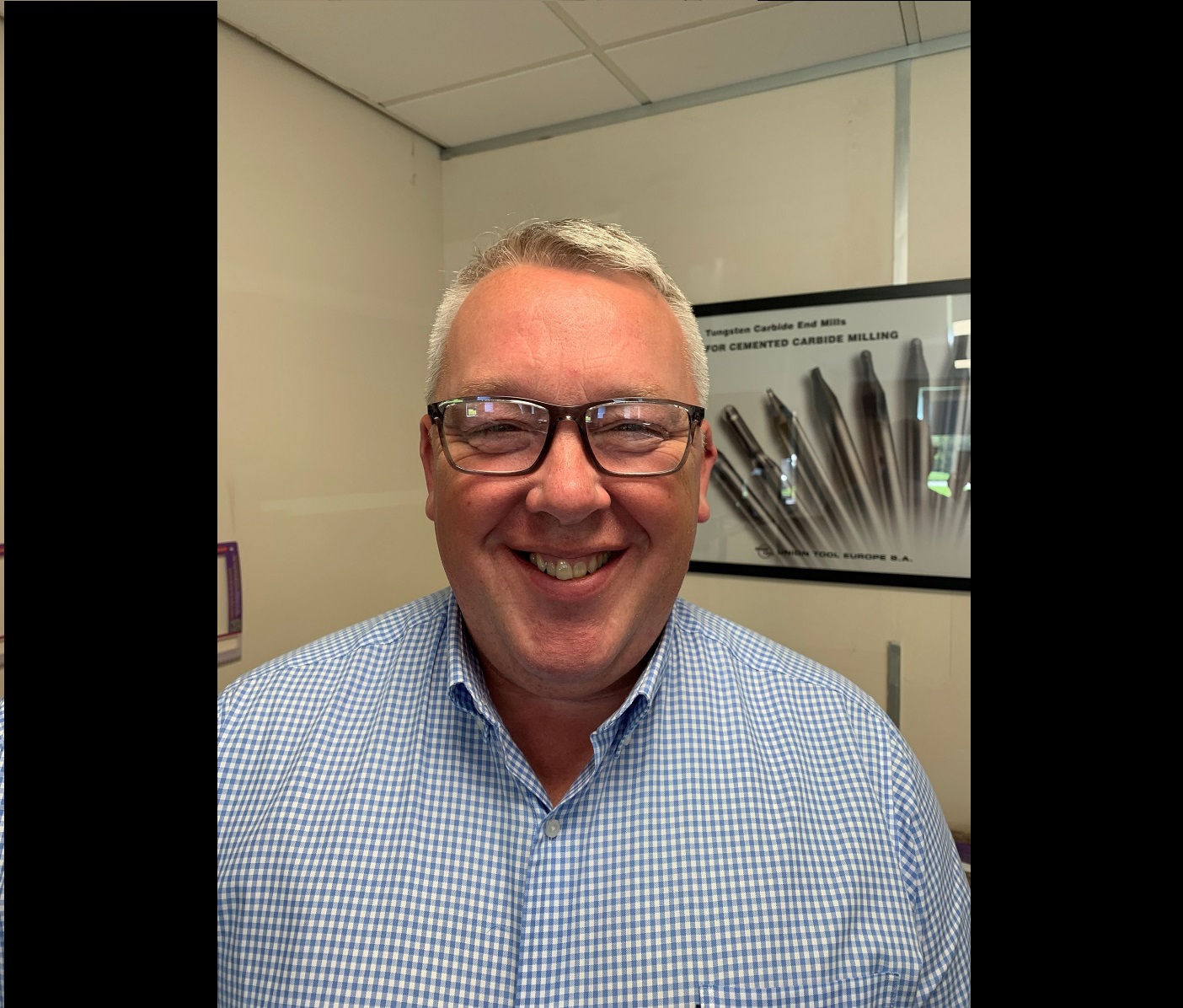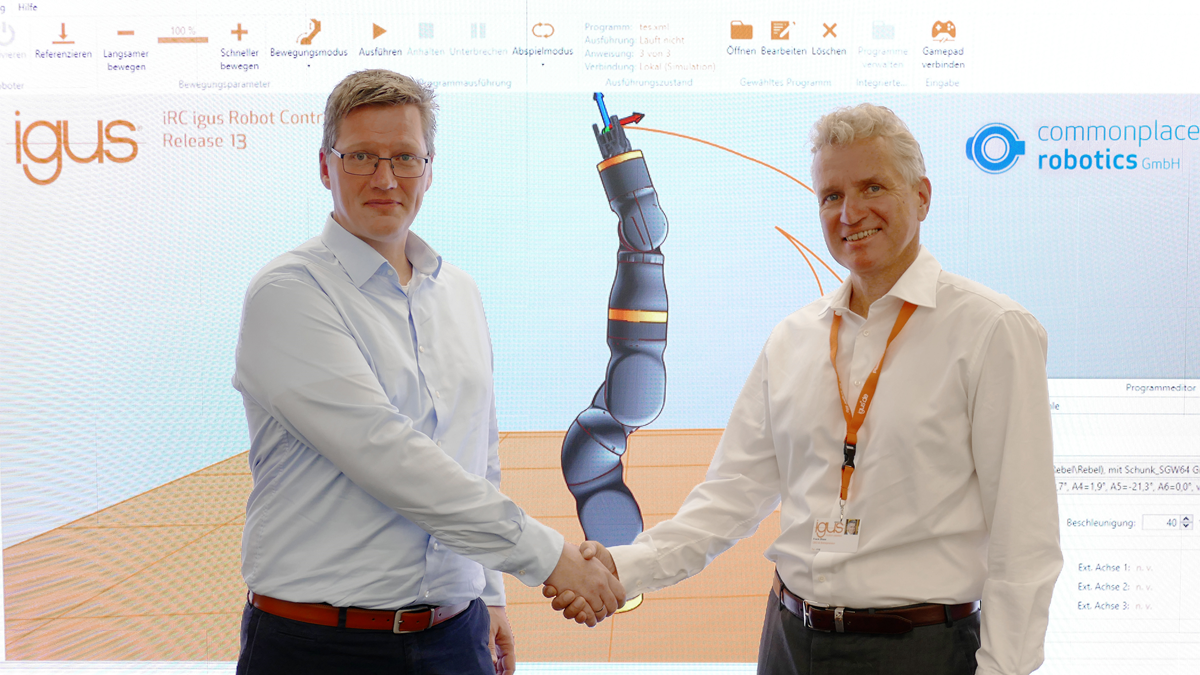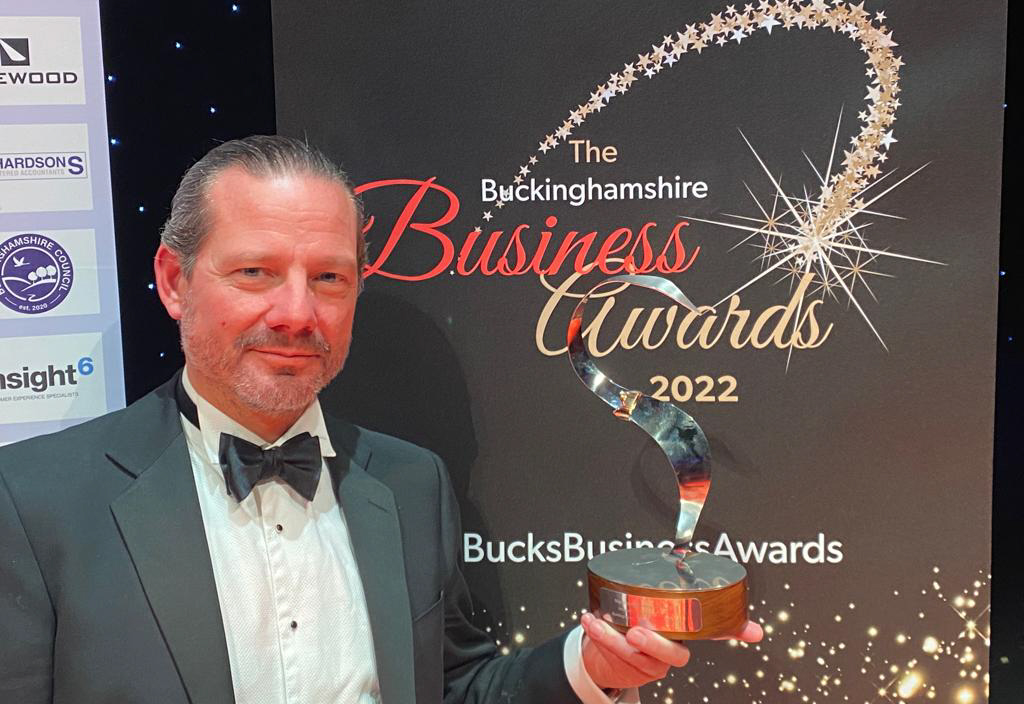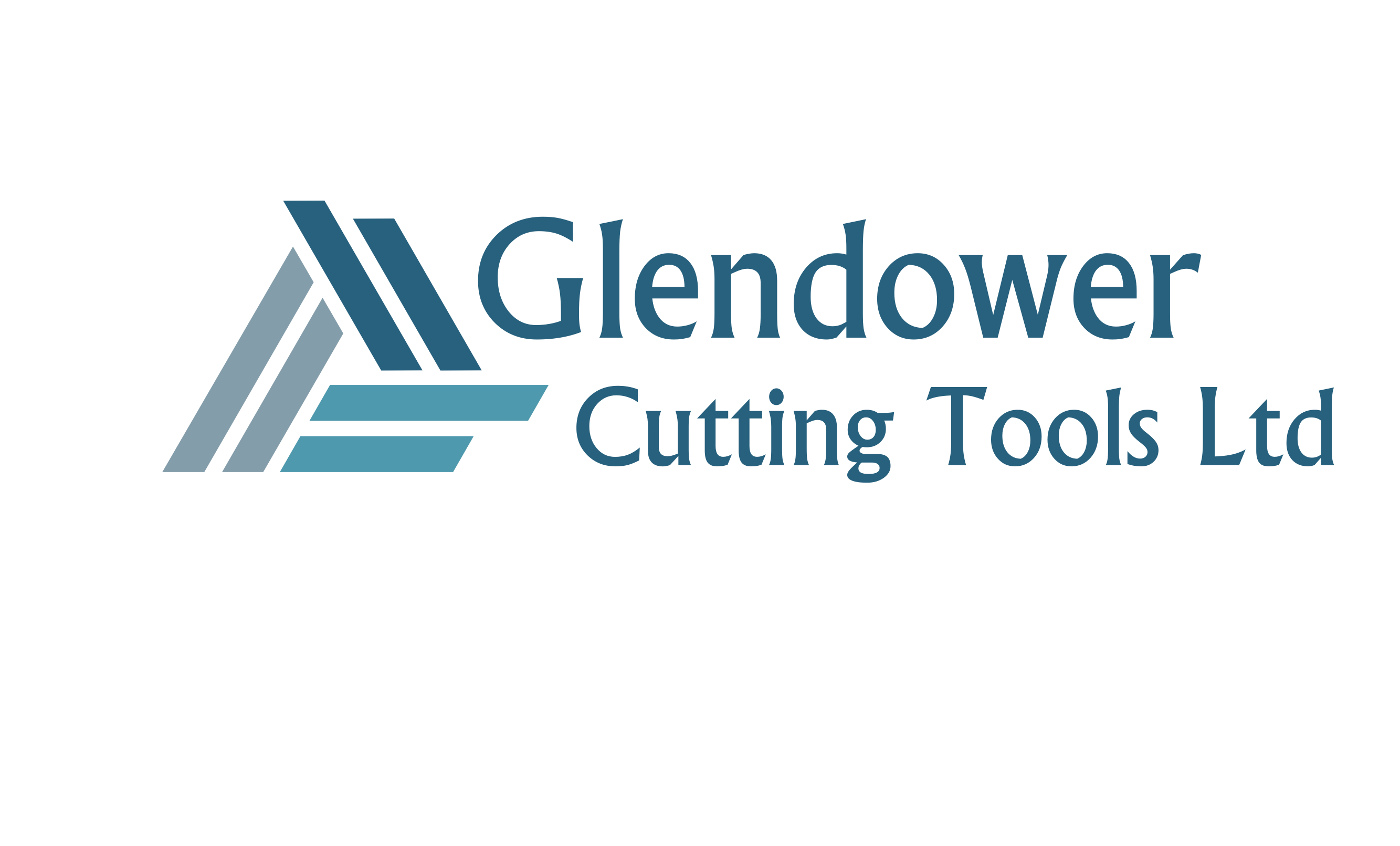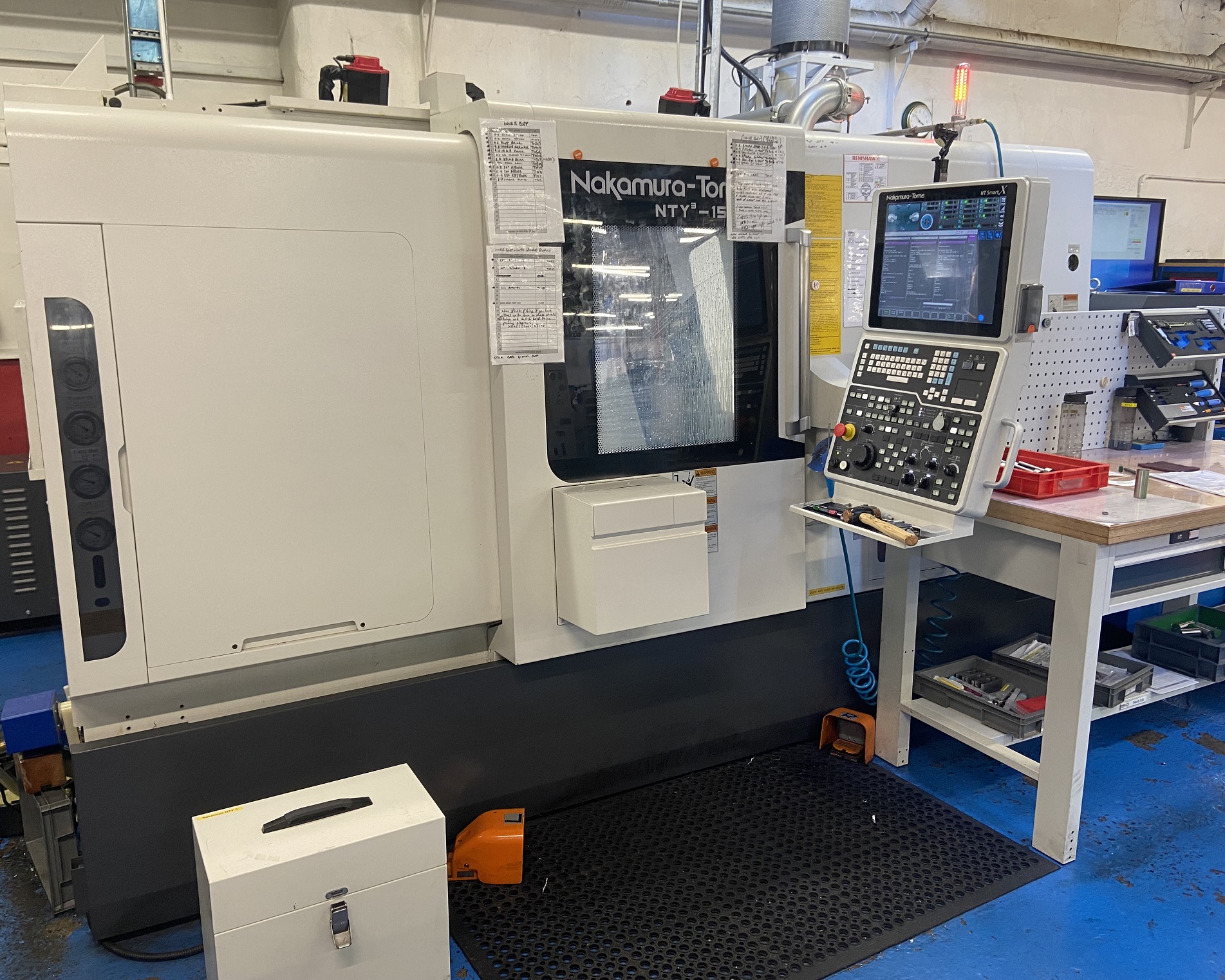The aerospace industry has certainly encountered a turbulent period throughout the pandemic. However, for tier-one aerospace suppliers that have invested in flexible multi-tasking machine tools, the hiatus has had less of an impact on business. This is certainly the case for Merc Aerospace, which demonstrated pre- and post-pandemic investment in Nakamura-Tome turning centres from the Engineering Technology Group (ETG).
Prior to the pandemic, Barrowford-based Merc Aerospace made a conscious effort to incorporate more ‘one-hit’ machining technology into its facility. The company initially replaced five older machine tools with two Nakamura WT150II models as part of its commitment to lean manufacturing, reducing lead times for customers that include Airbus, AgustaWestland, BAE Systems and Bombardier. This sustained investment drive increased orders and subsequently turnover, with the 50-employee company reducing costs, set-ups and lead times, while improving throughput.
Merc Aerospace took delivery of its first Nakamura-Tome WT150 IIF twin-spindle, twin-turret turning centre in October 2017, immediately replacing two existing machines while improving productivity in the process. A second WT150 IIF arrived in March 2018.
Like any diligent business that recognises it had hit a ‘sweet spot’ with its machine tool investment strategy, the next step was to build on that approach. The company subsequently took delivery of a twin-spindle, triple-turret Nakamura NTY3-150 multi-axis turning centre in April 2019. With the aerospace industry returning to pre-pandemic levels and Merc positioned well to support its customers, the company invested in a Nakamura AS200LMSY sub-spindle turning centre in 2021 and another in May 2022.
Discussing the investment strategy, Merc Aerospace managing director Richard Meade says: “Historically, we had invested ad hoc in our machine shop and the turning centres on our shop floor were a representation of numerous high-end brands. We developed a strategy for investment and knew the Nakamura brand had an outstanding reputation. We looked at several Nakamura machines and the WT150 IIF was the perfect fit. Typically, we machine relatively complex parts from exotic materials that range from 5-off to 100s, and our set-ups could be an hour to days. The WT150 IIF machines changed all that.”
Describing the WT150 IIF as ‘the perfect utility’ machine, Meade adds: “The twin-spindle, twin-turret configuration has been a game changer. It has increased flexibility and throughput, and one Nakamura proved 30% more productive than the two machines it replaced. Additionally, we had a range of sliding-head lathes that are better suited to higher production runs, rather than the batches we run in the hundreds. The Nakamuras wiped out our sliding-head machines as the sliders were restricted to diameters well below 50 mm, while the set-up and changeover times were excessive for our batch sizes.”
With the WT150 IIF machines making such an impact at Merc, the company took the next step and opted for a Nakamura NTY3-150, a twin-spindle machine with three tooling turrets that can engage simultaneously. Primarily machining fuel injection and gas turbine components, the ability to deploy three tool turrets at the same time has made a tremendous impact on operations. In one of many instances, the NTY3-150 reduced cycle times from 1 hour 10 minutes on a previous twin-spindle machine to just 35 minutes.
With the passing of the pandemic, business has picked up rapidly at Merc Aerospace with turnover and workload increasing significantly in a short period. With a swelling order book, the company needed to invest in more machines.
“With the WT150 IIF and NTY3-150 making such a huge impact in our turning department, we naturally turned to ETG and the Nakamura machines once again when we needed more capacity,” says Meade. “Already having a great blend of capable Nakamura machines, we needed machines with even shorter set-ups that could react to the fluctuation in workload and component types that every machine shop encounters. The AS200-LMSY is an extremely nimble machine that can react quickly to our diverse demands. We do a lot of in-service spares work for BAE Systems, producing low-volume, fast-turnaround parts for the Hawk, Harrier and Tornado. The AS200 is perfect for this work, so we followed the first machine with a second earlier this year.”
Providing an overview of the Nakamura machines, Meade says: “The guys on the shop floor say the Nakamuras are the best machines they’ve ever worked with; that in itself is a testament to the user-friendly, intuitive user interface and the construction of the machine. From a build quality perspective, there is virtually no warm-up cycle, unlike our other machine tools. The rigidity and build quality is far superior to other brands on our shop floor and this is also reflected in the Nakamuras requiring less preventative maintenance than other machines and the fact that we rarely need to call out ETG engineers.”
Looking at the technology behind the Nakamura machines, the Smart X CNC control panel and software technology is making a considerable impact at Merc Aerospace. The system incorporates features like the 3D Smart Pro AI to analyse tool paths and cutting conditions, the Thermo Navigator for thermal growth compensation, and the NT Machine Simulation and Collision Guard. Additionally, the interface incorporates Industry 4.0 technology with factory visualisation, layout, a list of connected machines and machine status.
Looking to the future, Meade says: “The Nakamura machines feature outstanding build quality, while the flexibility and capability are second to none. Additionally, the Smart X interface has a complete Industry 4.0 suite, so we can adopt numerous technologies as the business evolves. We’re looking at retrofitting the oscillating cutting cycles on the machines to break chips and prevent swarf from wrapping around the tools or re-cutting, as this will extend our unattended running times. We’ve also adopted Renishaw in-process probing on the NTY3-150 and both AS200 machines. This is giving our operators more confidence to leave the machines running for long periods unattended. With technology such as in-process probing and IoT technology, we can further extend the potential of the Nakamura machines in the future.”
For further information www.engtechgroup.com







